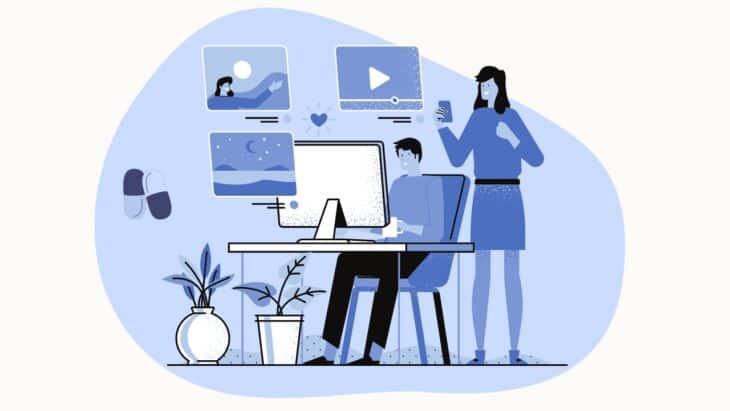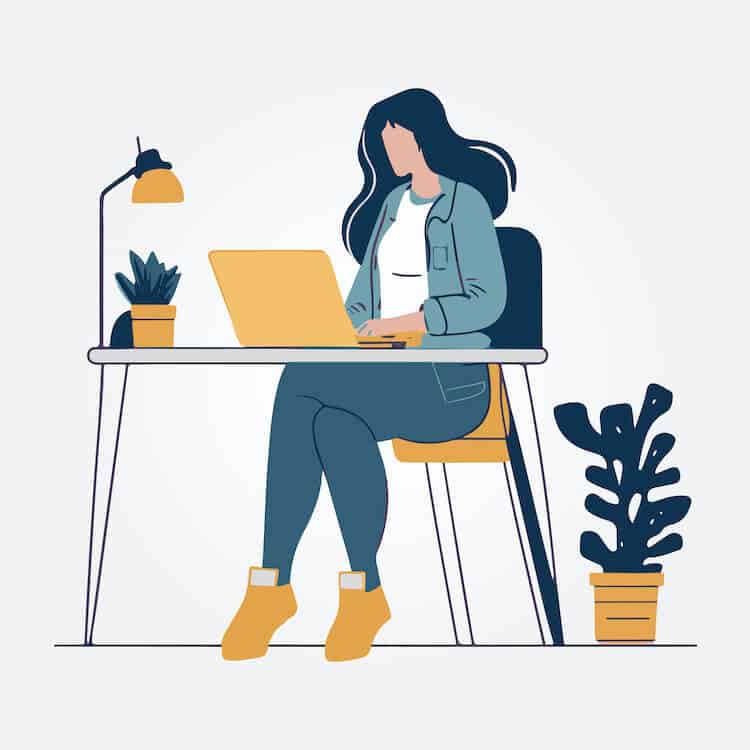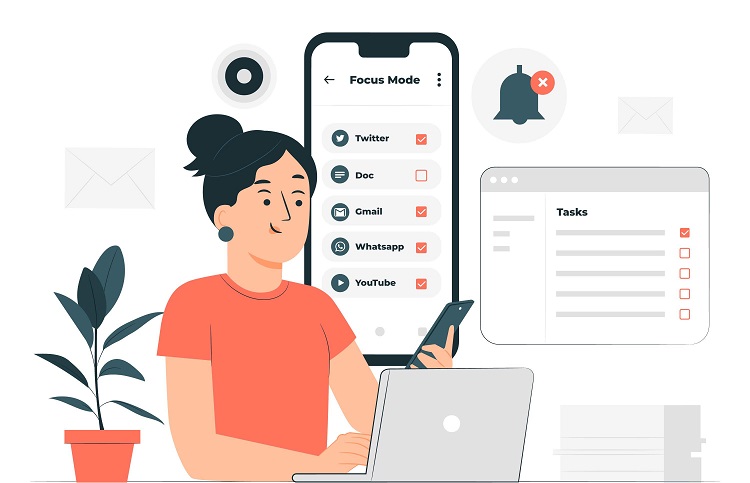Social media is that digital Pandora’s box, full of cat videos, but also, existential dread. We all know it, we all use it, and yet, we often find ourselves drowning in its undercurrent of toxicity.
It’s like eating potato chips; you know it’s not great for you, but stopping after just one is a Herculean task. But fear not! There are ways to maintain your mental fortress amidst the online chaos, and today, I will share them with you. Stick around, as this is very important for your mental health and overall well-being.
Table of Contents
ToggleThe Reality of Social Media’s Dark Side
Let’s face it: social media can occasionally feel like you’re walking through a horror movie but with less suspense and more unexpected jumpscares in the form of scary or violent content.
One minute, you’re laughing at memes, and the next, you’re bombarded with content that makes your heart race for all the wrong reasons.
Surprisingly, it’s not just cat memes and breakfast photos out there. Studies show that one in three Americans is tossing and turning at night, pondering the mental health impacts of social media.
And yes, the struggle is real for our younger folks. Four out of five college students are ringing the alarm bells, declaring platforms like Instagram as not just a bummer, but downright toxic to teenagers.
In the shadowy alleyways of the internet, where trolls and data thieves lurk around every corner, securing your digital footprint with a cloak of invisibility isn’t just wise, it’s essential.
Cue VPN, your digital superhero, swooping in to shield your online activities from the prying eyes of cyber villains.
According to CyberGhostVPN’s blog post, using VPN can help you with avoiding AI spam content and keep your personal data from any breaches at once. When you use VPN, AI cannot pinpoint your location.
But Wait, There’s a Way Out!
Mind Your Mental State
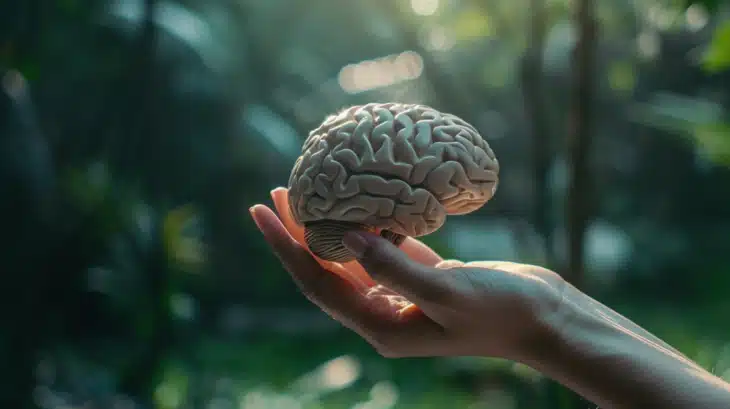
First off, it pays to do a little mental check-in before digging into the digital deep end. Are you in the right headspace to possibly face the Kraken of upsetting news or the Medusa of graphic content? If not, maybe it’s time to hit pause and go pet a dog or something.
Never neglect what your mental state can do to not just your mind but your body as well. It’s all very much connected, and you need to take care for all of it.
Know Your Limits
Knowing your own breaking point with social media isn’t admitting defeat; it’s more like recognizing you shouldn’t eat dairy before a marathon.
Limiting your exposure doesn’t mean you’re oblivious or indifferent to world issues. It’s about not letting your brain turn into emotional Swiss cheese. Sometimes, letting go or simply taking a break is the right thing to do, regardless of what your instincts might tell you.
Real Action Beats Virtual Reaction
Remember, liking a post about saving the whales doesn’t actually save any whales. Sometimes, stepping away from the screen and getting involved in real-world advocacy is not just better for your cause but also for your mental peace.
Taking action also brings much more satisfaction into your life, and it is something much more tangible than some virtual thumb-up or heart emoticon.
The Power of the Off-Switch
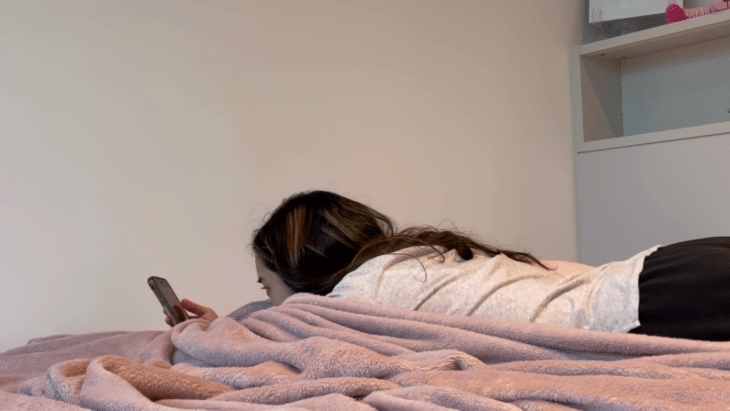
Ever consider that maybe, just maybe, setting time limits on social media or taking digital sabbaths could be the key to serenity?
Turns out, not immersing yourself in a 24/7 news cycle or the envy-inducing lives of your 500 closest friends can actually lead to a happier you.
Limiting yourself may be the solution, and, ironically, social media allows you to do just that. You don’t have to completely shut it off, but you can limit your usage. Platforms such as Instagram can show you how much time you are spending on it each day during the week.
Seeing this can help you notice the patterns and figure out when you are using social media the most, and try to limit and reduce that time.
Misinformation
The internet is rife with fibs and fabrications. Becoming a detective in your own right, fact-checking before sharing, can save you loads of stress.
Plus, you won’t be that person spreading rumors about the moon being made of cheese or the earth being flat. With so much information online and reliable sources available, you can always check on multiple spots whether or not the information you want to share is actually true.
Mindfulness and Social Buffers
Practicing mindfulness can help keep the social media goblins at bay. Also, leaning on friends (in the flesh) can offer a buffer against the digital onslaught.
Turns out, having a coffee with a friend does more for your mental health than any online quiz could. Aside from mental, it can also contribute to your physical health. Go out and smell the flowers, as they say.
Get a Life (Offline, That Is)

Taking breaks from your devices to rediscover the joys of the offline world – like reading a book (yes, they still exist), hiking, or simply basking in the glorious absence of pixelated screens – can be incredibly rejuvenating.
If you really want to stay inside or you are forced to (foul weather or similar situation), you might want to find some hobby. There are many relaxing hobbies, such as painting, playing an instrument, or writing. These hobbies not only help you relax but also help sharpen your mind.
Social Media Is Not the Boss of You
Remember, excessive scrolling is linked to feeling like you’re the last picked at dodgeball – isolated, envious, and generally down in the dumps. Also, contrary to popular belief, passively stalking people online does not equate to meaningful social interaction.
Limitations Are Your Friend
Reducing your social media intake to, say, 10 minutes a day can actually decrease feelings of loneliness and sadness. Who knew?
The Exit Strategy
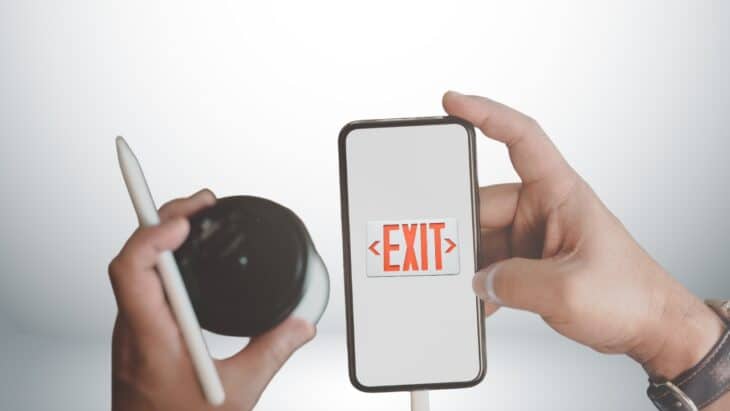
Sometimes, the healthiest move is to hit “delete” on those apps, even if it’s just for a short while. Many find that a brief hiatus can lead to significant improvements in well-being, depression, and anxiety.
Wrapping It Up
So there you have it, folks. Social media, for all its glitter and doom, doesn’t have to dictate your emotional well-being.
It’s about setting boundaries, seeking genuine connections, and remembering that there’s a big, beautiful world beyond the glow of your screen. Now, go forth and scroll responsibly (or, you know, don’t scroll at all).
As we reflect on the history of social media – a timeline of platforms and trends – let’s use it as a guide to navigate our digital lives with intentionality and mindfulness.
